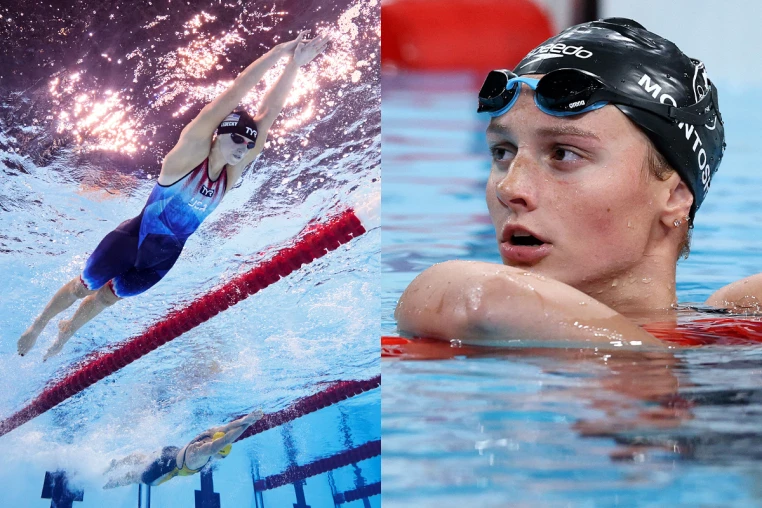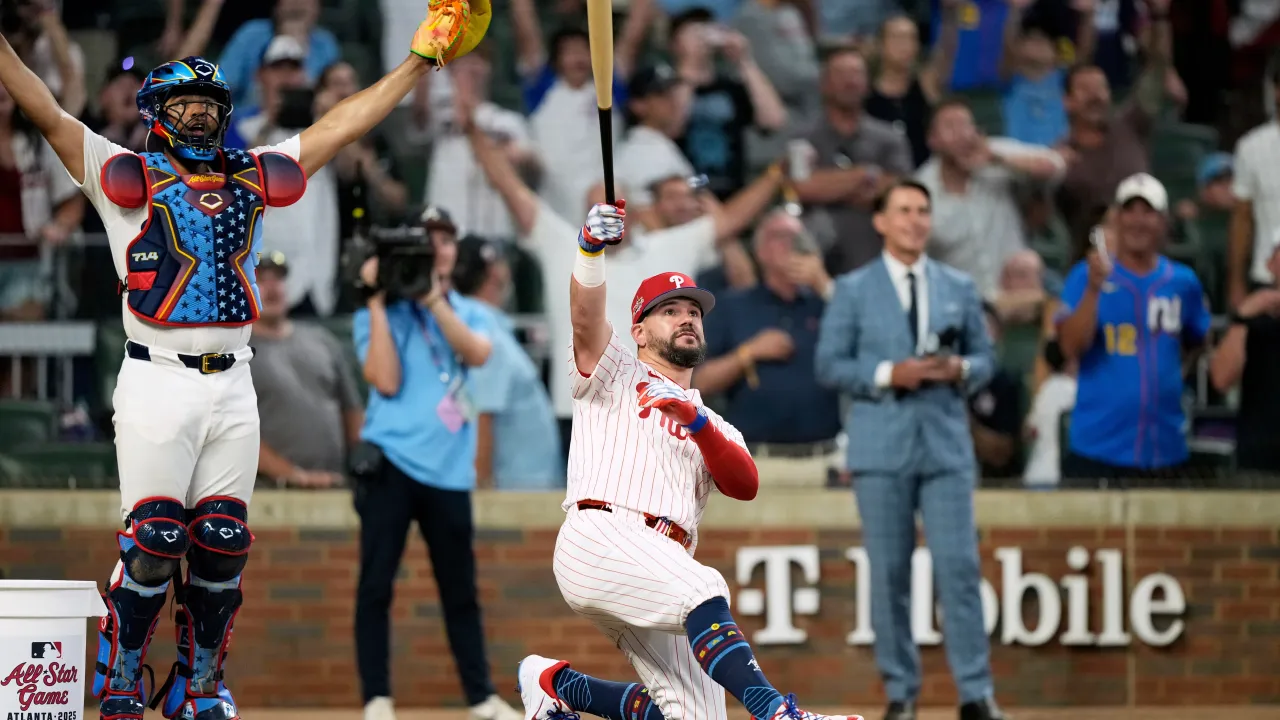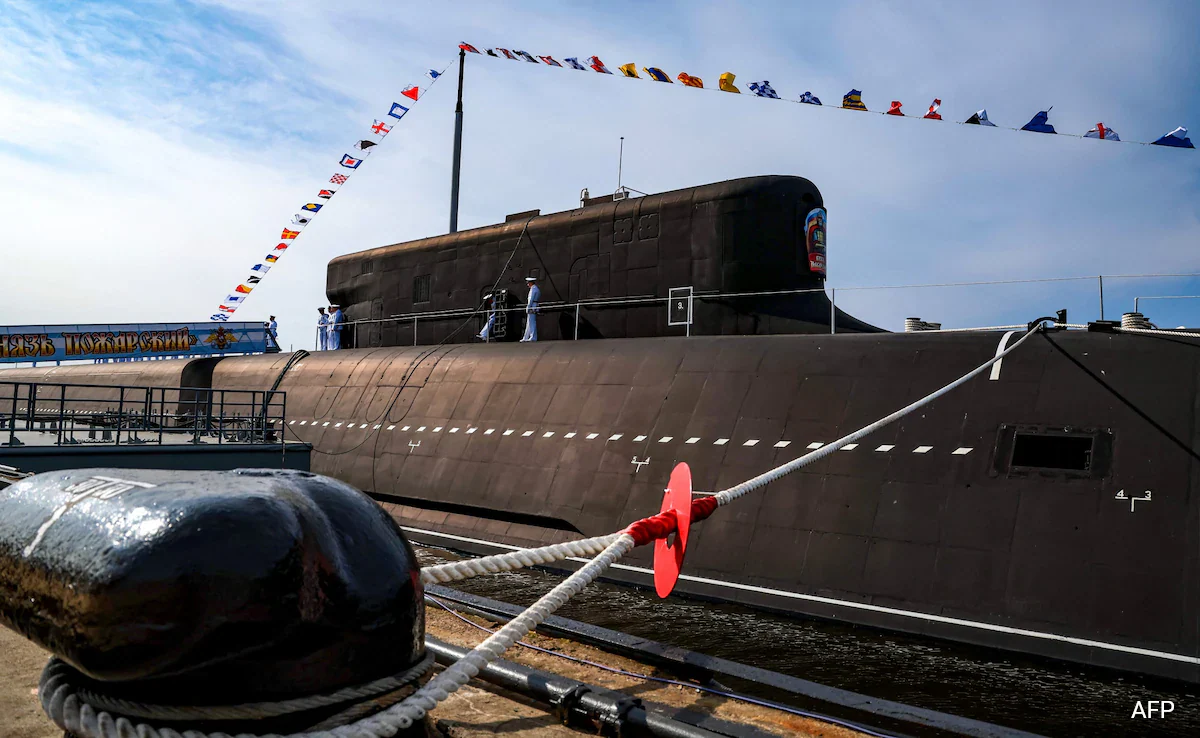
The recent decision to deny entry to the Venezuelan team participating in the Little League’s senior tournament has generated widespread concern and controversy within the sporting community and beyond. This incident not only raises questions about international sportsmanship but also highlights the complexities of diplomatic relations, immigration policies, and the importance of inclusivity in youth sports. In this article, we will delve deep into the circumstances surrounding this event, its implications, and what it signifies for the future of international youth competitions.
Understanding the Context of the Incident
According to reports from Yahoo Sports, the Venezuelan team’s departure from the tournament was abruptly halted as they were prevented from entering the United States. This move has been officially linked to immigration and visa issues, which surfaced amidst heightened diplomatic tensions between the involved nations. While the details remain somewhat opaque, the core issue appears to revolve around recent travel restrictions and policies affecting individuals from specific countries, in this case, Venezuela.
Implications for the Players and the Tournament
For the young athletes involved, this decision is heartbreaking. These children dedicated countless hours of practice, team effort, and personal sacrifice to participate in an international event that symbolizes sportsmanship, cooperation, and cultural exchange. The sudden barrier not only prevents them from showcasing their talents on a global stage but also sends a discouraging message about inclusivity and international unity in youth sports.
Additionally, the absence of the Venezuelan team affects the overall integrity of the tournament. The competition, designed to promote camaraderie among young athletes from diverse backgrounds, risks criticism and diminish its reputation when political issues interfere with pure sporting ambitions.
From a logistical standpoint, the tournament organizers face significant hurdles. Adjustments to schedules, pool arrangements, and recognition of results become inevitable, raising questions about fairness and equitable treatment for all teams involved. The decision to block the team raises a broader conversation about the intersection of sports and politics, a theme that has played out in various international sporting events over the years.
National and International Reactions
The incident has sparked mixed reactions from different quarters:
- Sports organizations and leaders: Many have expressed disappointment, emphasizing that sports should be a vehicle for unity and not a battleground for political disagreements. Some have called for diplomatic efforts to resolve such issues swiftly to prevent similar incidents in future tournaments.
- Venezuelan authorities and supporters: They have condemned the decision, viewing it as discrimination and an impediment to their youth athletes’ development and international exposure. This move has further fueled tensions and called for diplomatic engagement to address the concerns.
- Global diplomatic community: The incident underscores the delicate balance between national security, immigration policies, and international sports diplomacy. It also raises questions about the consistency and fairness of visa protocols for young athletes seeking global opportunities.
What This Means for International Youth Sports
The blocking of the Venezuelan team is a stark reminder that politics and international relations can deeply impact even the most innocuous aspects of diplomacy—like youth sports. While security concerns are valid and necessary, naively conflating national security with the participation of young athletes can undermine the positive messaging that international tournaments aim to promote.
Efforts must be made to establish clear, fair, and transparent procedures that prioritize the well-being and opportunities of young athletes, regardless of their nationality. This incident emphasizes the urgent need for sports governing bodies like Little League International to adopt policies that safeguard inclusivity and foster international goodwill.
The Path Forward: Recommendations and Considerations
- Diplomatic dialogue: Constructing channels for direct communication between sports organizations and governments to facilitate the smooth entry of athletes from diverse backgrounds.
- Policy reform: Developing comprehensive visa and travel protocols, especially for youth sporting events, to prevent political tensions from obstructing participation.
- Promotion of inclusivity: Encouraging cultural exchange programs and international collaborations that prioritize youth development and mutual understanding over political disagreements.
- Transparency and fairness: Ensuring that decision-making processes regarding team entries and visa issues are transparent and consistently applied to avoid perceptions of bias or discrimination.
Broader Impact on Future Events
Ultimately, this incident could serve as a catalyst for change within the realm of international youth sports. Commitments to more inclusive policies and diplomatic cooperation could help prevent similar issues from recurring. It also spotlights the need for sports organizations to act swiftly and decisively when political factors threaten to overshadow the core values of sport: respect, teamwork, and mutual understanding.
As the world continues to grapple with complex geopolitical challenges, the role of youth sports as a platform for peace and unity becomes even more vital. The hope is that future tournaments will be better equipped to navigate these issues while keeping the focus on the empowerment and development of young athletes worldwide.
Conclusion
The exclusion of the Venezuelan team from the U.S. Little League senior tournament underscores the deep interconnection of sports, politics, and diplomacy. While the reasons behind the decision are multifaceted, its impact resonates widely, reminding us that the true power of sport lies in its ability to bring people together beyond borders and differences. Moving forward, stakeholders must prioritize policies that uphold the spirit of inclusivity and foster international understanding, ensuring that youth sports continue to be a beacon of hope, unity, and growth for generations to come.
For more updated news please keep visiting Prime News World.








